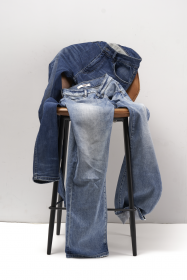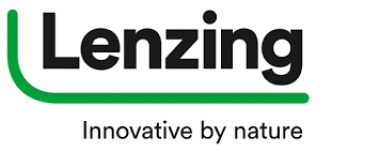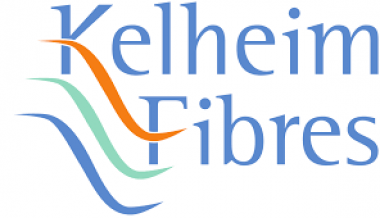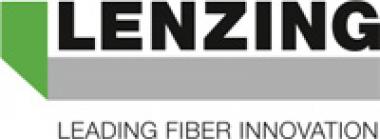Advance Denim launches collection with Lenzing's matte TENCEL™ Lyocell fibers
Lenzing Group announced the collaboration with China’s internationally recognized denim mill, Advance Denim, to use matte TENCEL™ Lyocell fibers for their latest Denim Collection.
The TENCEL™ brand offers innovative and planet-friendly fiber solutions1 that strive to enhance the adoption of responsible production2 within the textile industry. Leveraging resource-saving, closed-loop production process3, TENCEL™ fibers are naturally soft and smooth to the touch and support a natural dry feeling through moisture control. The rollout of matte TENCEL™ Lyocell fibers in 2021 provided denim manufacturers with a solution that enabled them to enjoy the ample tactile and environmental benefits of TENCEL™ fibers, while also maintaining a matte finish on the end product.
“Matte TENCEL™ fibers are an extremely important innovation for the denim sector as they address the need for responsible denim made with less shine for a more vintage look. Many brands are currently looking for styles that meet this criterion while also providing softness and drapability for wide-leg jeans. Matte TENCEL™ fibers create the perfect mixture of performance and sustainability without sacrificing that true vintage indigo look,” said Amy Wang, General Manager of Advance Denim. “The matte denim in the ‘Denim Collection’, achieved by using matte TENCEL™ fibers, not only has exceptional softness to the touch, but its fiber properties also make the denim more like traditional cotton jeans after washing. This will enable the final garments to retain the intended retro style of the fabric.”
1 TENCEL™ Lyocell and Modal fibers are certified with the EU Ecolabel for textile products (license no. AT/016/001) for environmental excellence.
2 The responsible production of TENCEL™ Lyocell and Modal fibers uses at least 50% less water and emits at least 50% less CO2 compared to generic lyocell and modal fibers, according to Higg MSI, thereby saving precious resources for future generations. Results based on LCA standards (ISO 14040/44) and available via Higg MSI (Version 3.7).
3 Savings consider solvent recovery.
Lenzing Group
















